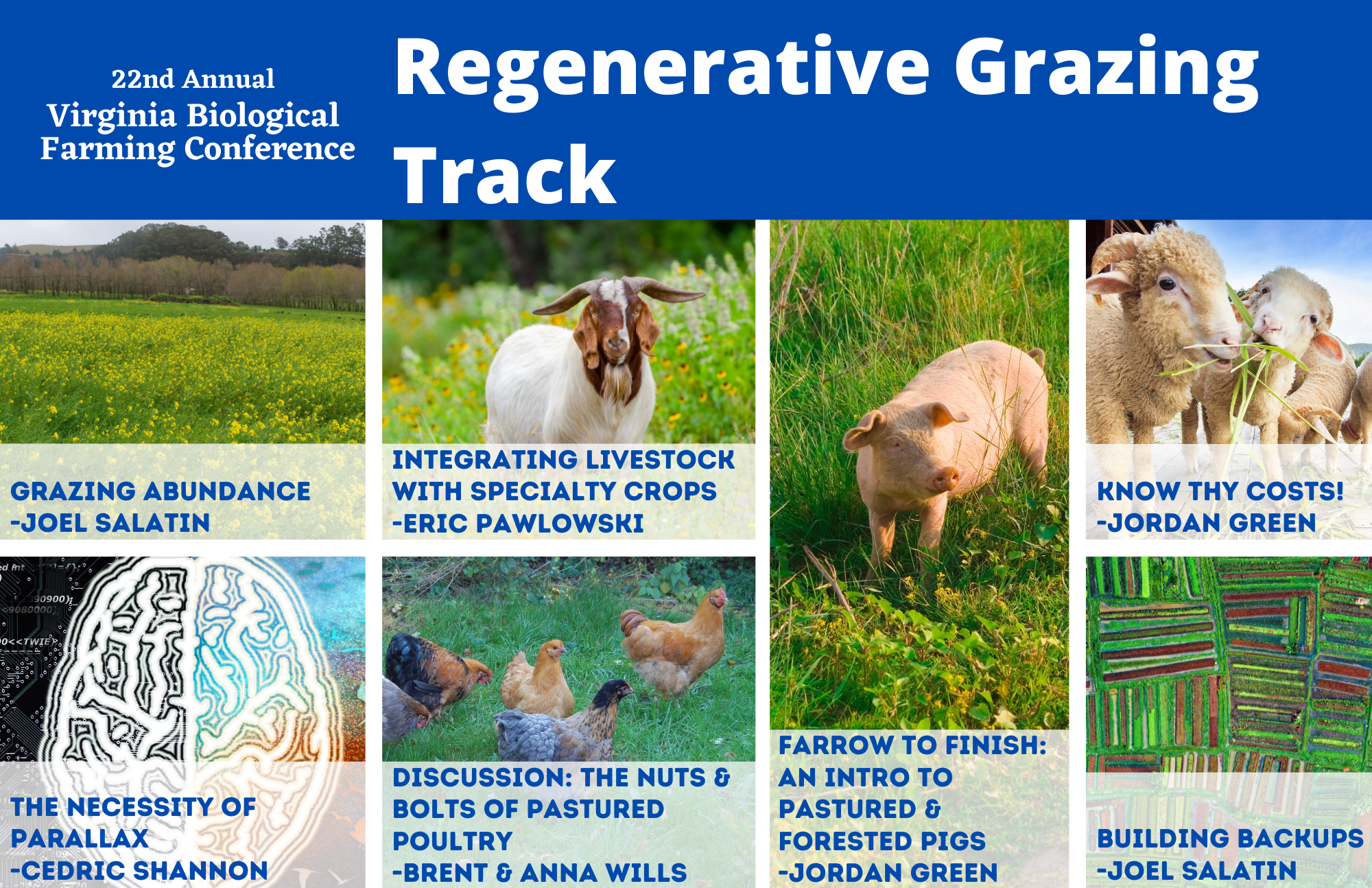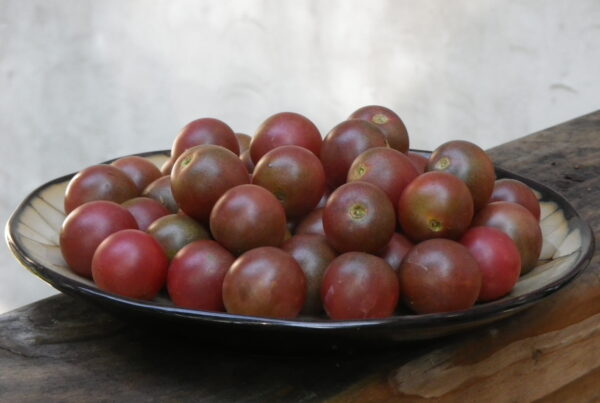2023 Farm Bill
Opportunities to shape it are still open
The National Sustainable Agriculture Coalition’s “week of climate action” will likely be finished by the time this e-newsletter reaches you, and I apologize for not getting more complete and timely information about this campaign to you.
However, there is still plenty to do in working for a better farm bill. All of the Marker Bills mentioned in the last few issues of this e-newsletter remain active and relevant in Congress as long as the House and Senate Agriculture Committees continue to work on their respective versions of the Farm Bill.
While the Farm Bills are still in committee, communications with Agriculture Committee members are most important. In Virginia, Rep Abigail Spanberger (D-7th) is our one member of the House Agriculture Committee, and she has been a strong advocate for sustainable, organic, socially just, and climate-friendly agriculture. She wants to hear from you what you need in the next Farm Bill to meet the challenges of farming in the era of climate change. Contact her, tell her your story and your highest priorities for the Farm Bill, including specific programs or marker bills that are most relevant to your operation and circumstances.
Virginia’s Senators Mark Warner (202-224-2023) and Tim Kaine (202-224-4024) do not serve on the Senate Agriculture Committee; however, they both place high priority on protecting the Chesapeake Bay watershed ecosystem, and both are committed to developing sustainable, local/regional, and socially just food systems that will end hunger in Virginia. While their votes will become most important when the Senate Agriculture Committee submits its Farm Bill for floor vote, now is not too early to let them know your needs and priorities.
Current Farm Bill priorities include:
- Making the Inflation Reduction Act (IRA) funding for climate smart agricultural and forestry practices a permanent part of the Farm Bill baseline. For more information on IRA conservation funding, see recent NSAC blog posts on positive impacts of IRA conservation funding, including increased dollars available to farmers.
- Organic research marker bills, including Strengthening Organic Agriculture Research in the House and Organic Science and Research Investment in the Senate. See the Organic Farming Research Foundation (OFRF) blog posts on SOAR and OSRI for details on the bills and how you can advocate for their inclusion in the 2023 Farm Bill.
- Reform Crop Insurance and Commodity Payments programs so that they no longer favor larger, low-diversity, low-resilience farms over small to midsize diversified farms. Several key marker bills have been introduced that would support such reforms, yet there is also an attempt to increase subsidies for the largest farms. Visit this NSAC Blog on Insurance and Commodity Reform to learn about the threats and opportunities at hand.
- The Strengthening Local Meat Economies Act, recently introduced by Senator John Fetterman, would support smaller-scale independent livestock farmers and meat processors by reforming USDA meat procurement procedures to level the playing field so that they no longer favor giant corporate agribusiness over local sources.
Agricultural Appropriations for Fiscal Year 2024 in the Senate
Senate Floor discussion of a “mini-bus” of appropriations measures including funding for agricultural appropriations, may begin in the near future. The good news is that this bill generally maintains level funding for most USDA programs that depend on annual appropriations, and that Senator Stabenow has introduced an amendment to restore $8.5 million in funding for the Office of Urban Agriculture and Innovative Production, the one program that had been omitted from the original draft of the bill. The bad news is that with current lack of consensus on a mutually agreeable way to avoid a government shutdown, ag approps and other items on the “mini-bus” may not receive the timely attention and passage that we would like.
Special note regarding grassroots actions:
With so many contentious issues competing for Congressional attention at this time, it is difficult to know when an important piece of agricultural legislation – a draft Farm Bill in either or both Chambers, or an Agricultural Appropriations bill reaching the Senate Floor – might take place. When they do, we may have only a few days during which to engage with our Members of Congress to advocate for the amendments we need to improve the bills, or destructive amendments or riders to oppose.
Watch for special “call for action” emails in your in-box as well as postings on the NSAC website.
Funding Available
2023 Conservation Innovation Grants
Application deadline October 30, 2023
IRA funding has allowed USDA to expand this year’s Conservation Innovation Grants (CIG) to a total of $65 million, including $50 million for on-farm trials and another $15 million for “CIG classic” projects. CIG classic funds state, local, and Tribal government agencies and nongovernmental organizations (NGOs) to work with multiple producers in developing and demonstrating innovative conservation systems, with a priority on forestry, wildlife habitat, water quality, and energy conservation.
This year’s On-farm CIG Trials program has waived the usual 25% match requirement, and invites NGO applicants working with farmers to demonstrate cutting edge conservation practices that have not yet been widely adopted. Priorities include soil health demonstration trials, grazing lands management, feed management to reduce livestock enteric methane, nutrient management, and irrigation water use efficiency.
Visit the NSAC CIG blog post for more information including how to apply.
USDA launches Regional Food Business Centers
This relatively new USDA program has partnered with farmer and food system NGOs to build local and regional food supply chains, support local business development, train farmers and food entrepreneurs, and open new market opportunities for producers. Click here to learn more about this promising new program, and our plans for making it part of regular Farm Bill funding.






